|
learning > grammaire anglaise - niveau avancé
be + -ing
énoncés en be + -ing
sens et valeurs énonciatives
présent simple
≠
présent en be +
-ing
série d'énoncés
forme simple
(sans -ing)
et
séquence be +
-ing
:
formes contrastantes,
effets de sens
effet de
be +
-ing
après une forme simple
:
gros
plan discursif,
focalisation,
dramatisation,
crescendo
she knows what's
coming
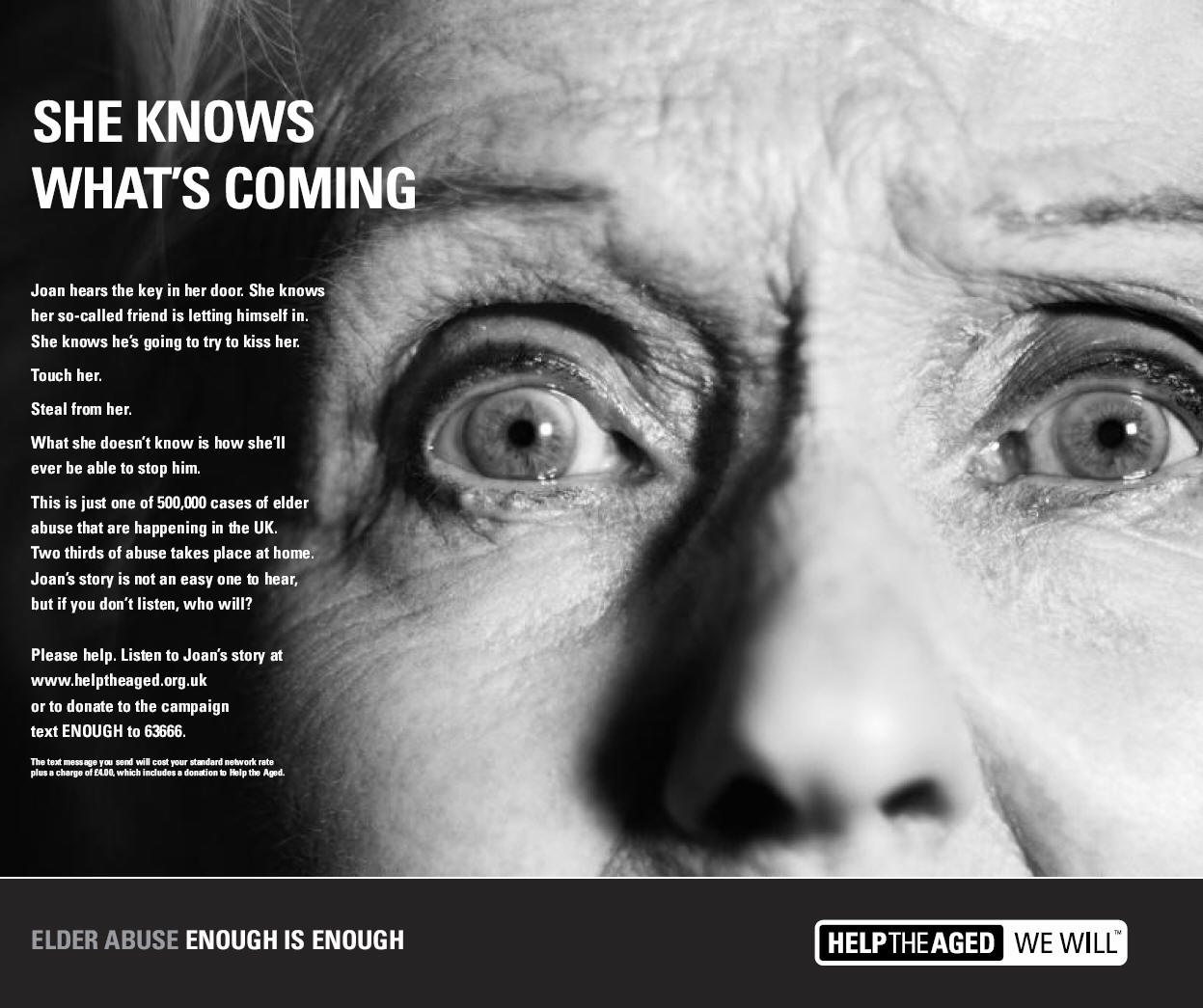
The Guardian p. 18 17 February 2007
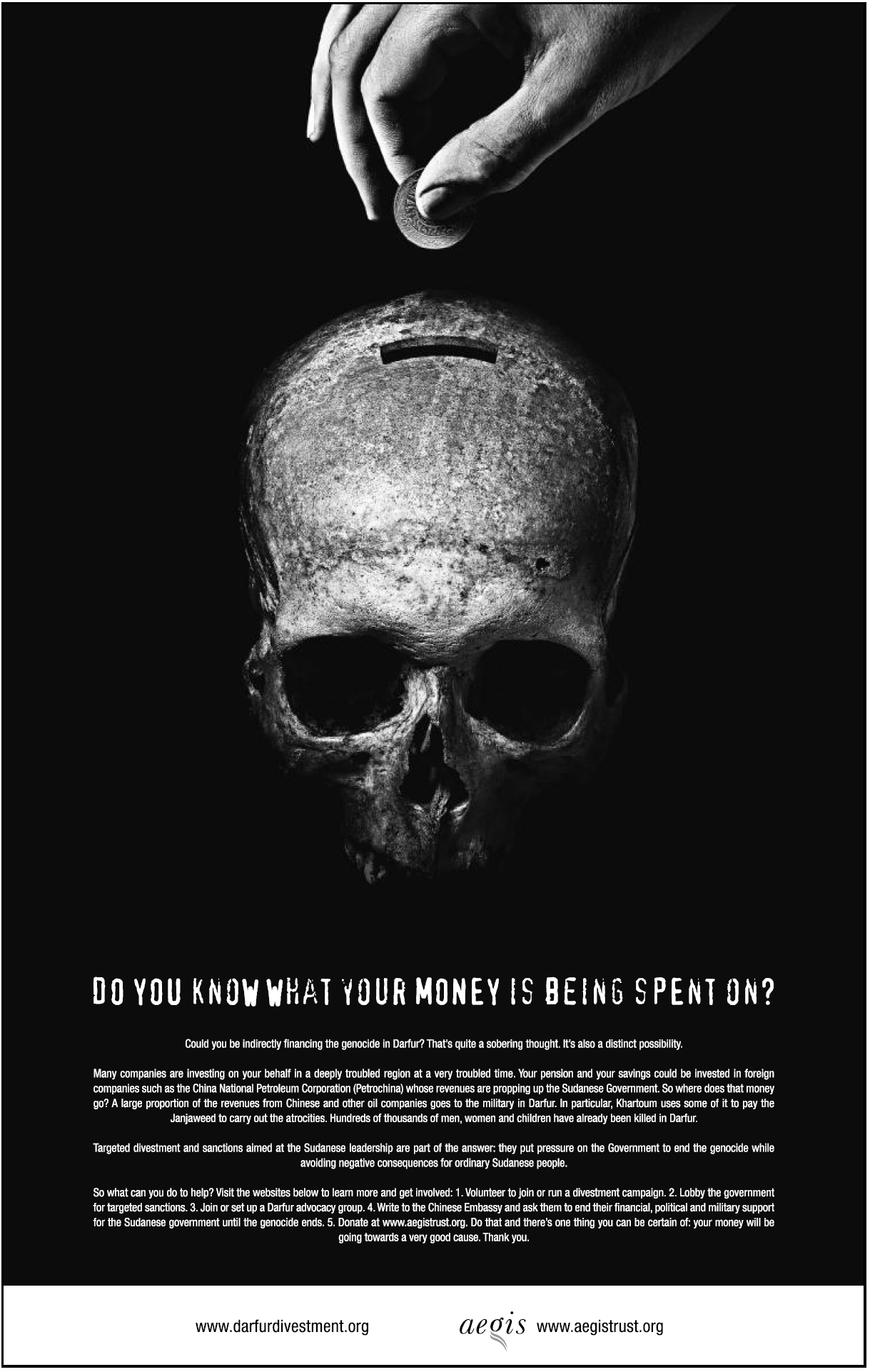
The Guardian p. 18
9 June 2007
Cops say
they're
being poisoned by fentanyl.
Experts say
the risk is 'extremely low'
May 16, 2023 NPR
We pray for all those
who, as we meet here,
are working to renew a ravaged country
- our own servicemen and women,
all those who are
labouring to bring together
the Iraqi people
in new political projects
for restoring common life.
Archbishop's
address in full:
The full text of Dr Rowan Williams' address
at the St Paul's
Cathedral service of remembrance
for those who died in the Iraq war,
BBC new /
UK edition,
10.10.2003,
http://news.bbc.co.uk/1/hi/uk/3181220.stm
forme simple -> be +
-ing ->
forme simple
"I quite understand
[
présent simple
à la voix active ]
that if
you are
being terrorized
and
your shop is
being burned
and
you are
being looted
[ énoncés au
présent
en
be +
-ing
à la voix passive ]
minutes seem like
hours".
[
présent simple
à la voix active ]
On This Day, The
Times, September 11, 1985,
Birmingham violence spreads to new areas,
T, p. 37,
11 September 2003.

The Guardian
Weekend p. 86
12 November 2005
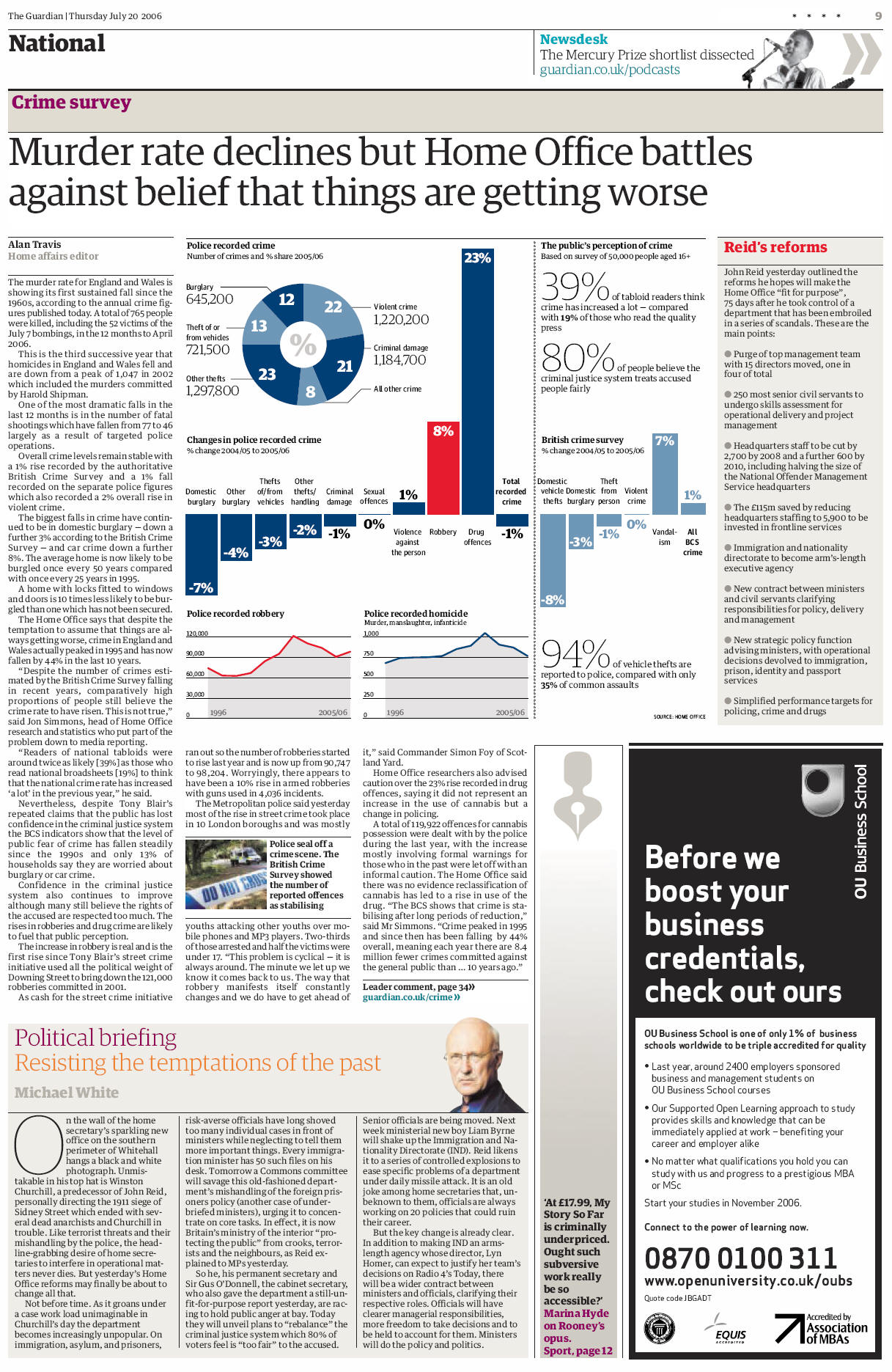
Watchdog
says
IRA
is still
recruiting
Terror group still has capacity
for full-scale campaign, report finds
The IRA
remains heavily involved in criminality
and is
recruiting and training new members
in the use of guns and bombs,
Northern Ireland's ceasefire watchdog said yesterday.
The Independent Monitoring Commission's
report,
published
as the IRA
is consulting
on whether to abandon its weapons
once and for all,
was seized on
by
Ian Paisley's Democratic Unionists
as a "damning indictment"
of what it saw
as
republicans' duplicity in recent political talks.
Headline, sub and §1, G, 25.5.2005,
https://www.theguardian.com/politics/2005/may/25/
uk.northernireland
A month in Tescoland
With 250,000 staff, 1,800 stores
and the turnover of a medium-sized country,
Tesco now collects one
in every eight retail pounds we spend.
So how
is it
affecting the way we live?
[
is it (ing) +
affect the way we live
]
To find out, Lucy
Mangan spent a month
shopping for everything
- from clothes to pet insurance -
at the company's stores or websites
Headline and sub, G, 7.10.2005,
https://www.theguardian.com/money/2005/oct/07/
consumeraffairs.supermarkets
be + -ing ->
forme
simple
Former Inmates
Are Getting Jobs
As Employers
Ignore Stigma In
Bright Economy
Former Inmates
Are Getting Jobs
:
focalisation,
gros plan énonciatif,
information la plus
étonnante,
effet, conséquence
As Employers
Ignore Stigma In
Bright Economy :
cause, explication, analyse
An economic iron curtain
is falling on Russia
[ valeurs de be +
-ing ici >
focalisation, dramatisation, effet / conséquence
]
as companies like McDonald's
cut ties
[ valeurs du présent simple
ici >
explication, cause
]
March 12, 2022 NPR


The Guardian
Europe Unlimited p. 8
23 November 2005
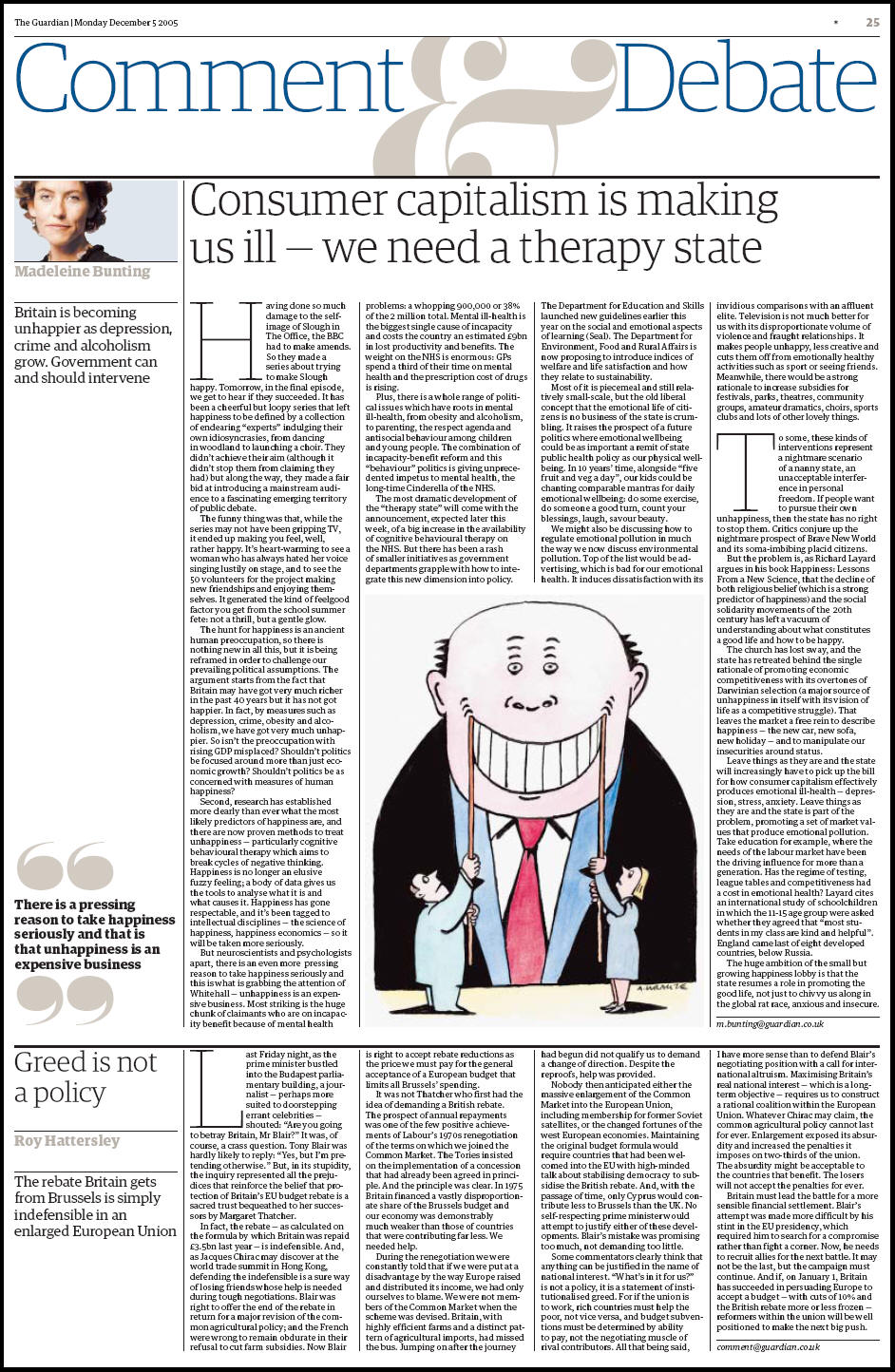
The Guardian
p. 25 5 December 2005
Comment
Consumer capitalism is making us ill - we
need a therapy state
Britain is becoming unhappier
as depression, crime and alcoholism grow.
Government can and should intervene
Madeleine Bunting The Guardian
Monday December 5, 2005
https://www.theguardian.com/politics/2005/dec/05/
society.britishidentity
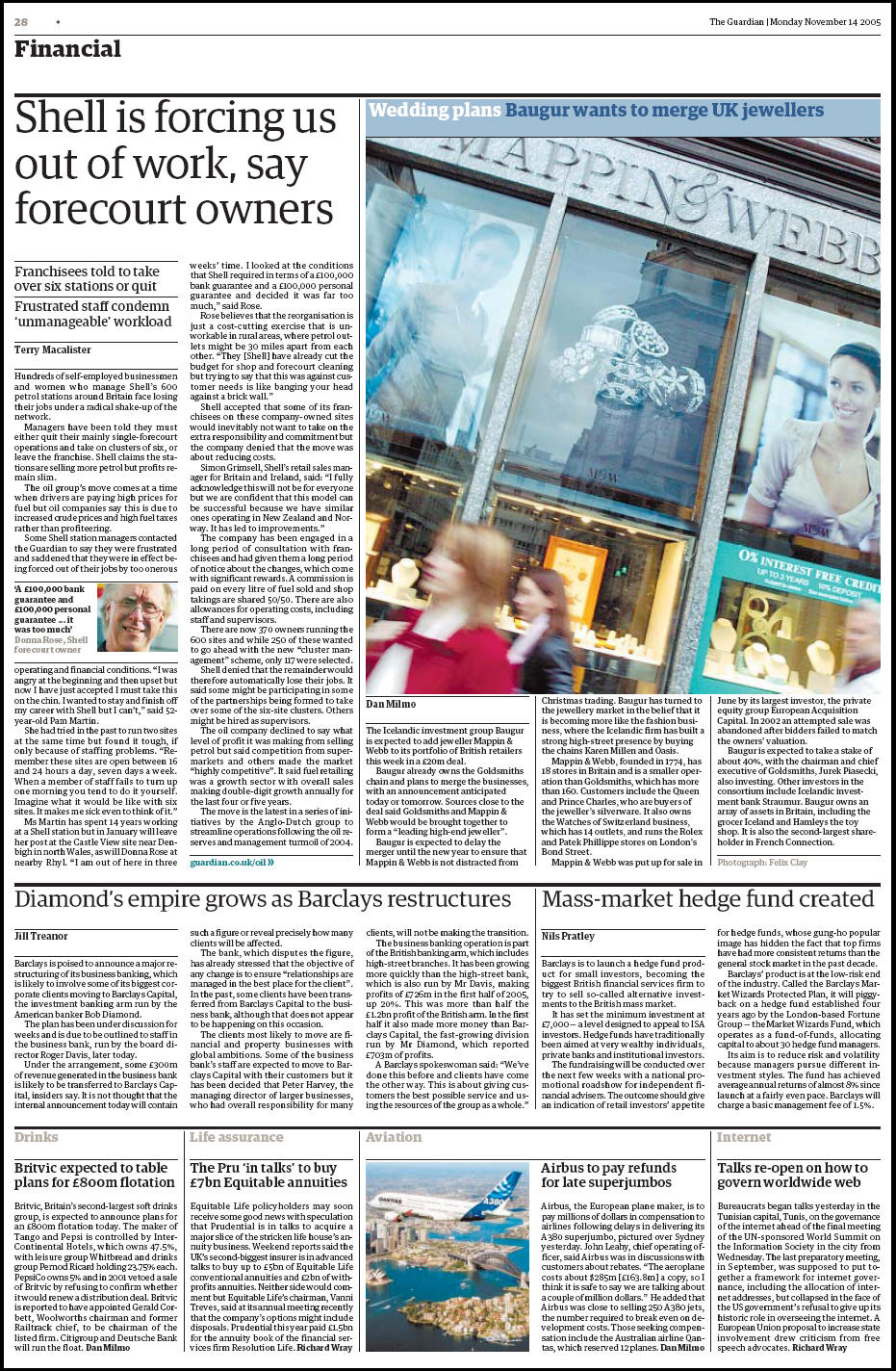
The Guardian
p. 28 14 November 2005
Shell is forcing us out of work, say
forecourt owners
· Franchisees told to take over six stations
or quit
· Frustrated staff condemn 'unmanageable' workload
Terry Macalister The Guardian
Monday November 14, 2005
https://www.theguardian.com/business/2005/nov/14/
oilandpetrol.news

The Guardian p. 20
30 June 2007
Modern death
People are
killing
themselves
and their children
and no one seems to notice
Headline,
G,
14 January 2006,
https://www.theguardian.com/news/2006/jan/14/
mainsection.saturday32
Physics
is dying out in schools,
study warns
Rebecca Smithers,
education editor
Monday November 21, 2005
The Guardian
The teaching of physics in schools
is in
danger of dying out unless urgent action is taken
to tackle a severe shortage of
specialist teachers,
the government is warned today.
The number of pupils taking physics at A-level
has fallen 38% since 1990,
according to a national survey published today
by the
University of Buckingham's
Centre for Education and Employment Research.
At the
same time the number of new specialist
physics teachers has dropped sharply
while the shortage is likely to worsen
as older staff retire.
Physics is dying out in schools, study warns,
G, 21.11.2005,
https://www.theguardian.com/politics/2005/nov/21/
topstories3.schools
be +
-ing +
be + -ing
SURVEY: THE WORLD ECONOMY
The great thrift shift
Sep 22nd 2005
From The Economist print edition
America is
spending
while
the rest of the world is
saving.
But for how long?
Zanny Minton Beddoes investigates
Headline
and sub,
E,
22.9.2005,
https://www.economist.com/special-report/2005/09/24/
the-great-thrift-shift
autres énoncés

The Guardian
Educ@ p. 12
15 November 2005
présent simple
≠
présent en
be +
-ing
contrastes >
forme simple ≠ forme en be + -ing
forme
simple
valeurs
> information inédite,
sortie du continuum
avertissement,
constat,
instant
zéro
≠
forme
en be + -ing
valeurs > validation, confirmation,
focalisation,
gros plan,
emphase,
théâtralisation,
dramatisation,
commentaire
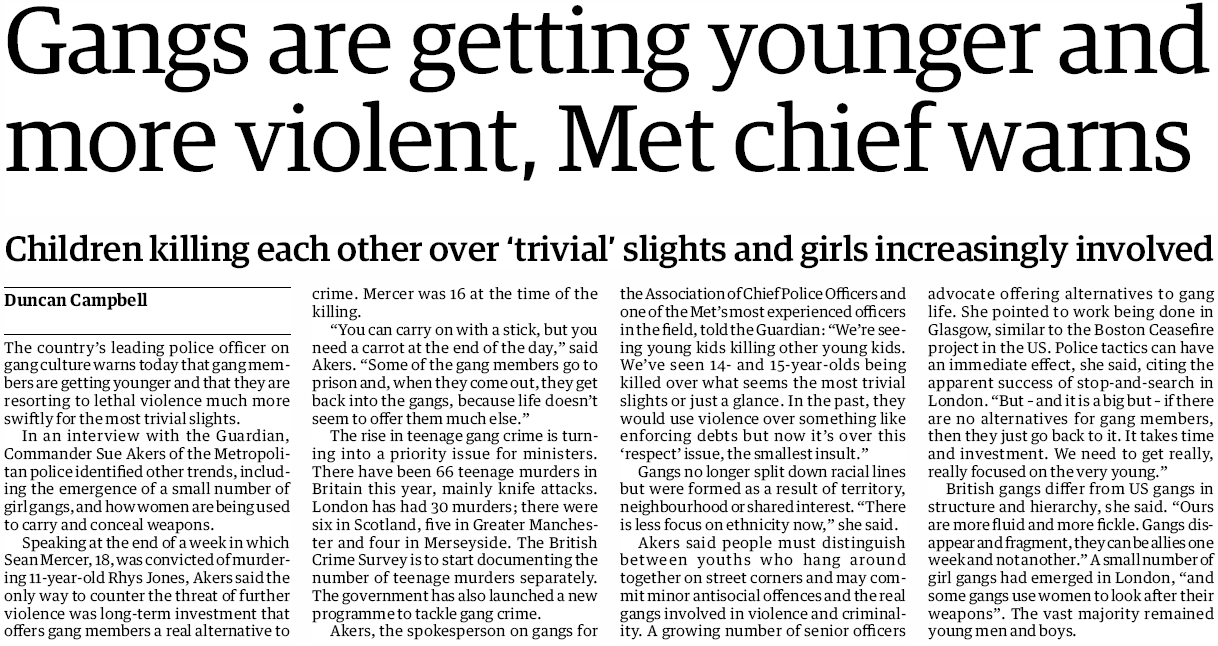
The Guardian
p. 1 20 December 2008
http://digital.guardian.co.uk/guardian/2008/12/20/pdfs/gdn_081220_ber_1_21507704.pdf
be + -ing
et présent simple,
deux formes
énonciatives
contrastantes
Mueller On
Russian Election Interference:
'They're
Doing It
As We Sit Here'
July 24, 2019
8:15 AM ET
NPR
Peril from foreign
interference in American elections will persist through the 2020 presidential
race, former special counsel Robert Mueller warned on Wednesday.
Asked whether Russia would attempt to attack future U.S. elections, as it did in
2016, Mueller replied: "They're
Doing It
As We Sit Here."
Mueller didn't detail a prescription for how he believes Congress or the United
States should respond, but he recommended generally that intelligence and law
enforcement agencies should work together.
"They should use the full resources
that we have to address this," Mueller said.
Mueller On Russian Election Interference:
'They're Doing It As We Sit Here',
NPR,
July 24, 2019 8:15 AM ET,
https://www.npr.org/2019/07/24/
743093777/watch-live-mueller-testifies-on-capitol-hill-about-2016-election-interference
Les deux
énoncés ci-dessus,
le premier en be + -ing
et le
second au
présent simple,
renvoient au présent
chronologique.
be + -ing apporte un "plus sémantique"
par rapport
au présent simple :
be + -ing
dramatise l'énoncé théorique They-do-it,
alors
que le présent simple donne à
As We
Sit Here
une valeur discursive d'instant zéro :
au moment même / à l'instant où je vous parle...
be + -ing
se greffe
sur l'énoncé qui est le plus informatif :
l'énoncé en be + -ing
fonctionne
comme un gros plan discursif,
qui doit attirer l'attention
et déclencher une prise
de conscience
chez le co-énonciateur / la co-énonciatrice.
L'inversion du schéma be + -ing ->
présent simple
ne
fonctionnerait pas
et constituerait un contre-sens ridicule :
??? 'They
do it As
We're
Sitting Here'
autres
énoncés
Murders Drop to a Record Low,
but Officers Aren’t
Celebrating
DEC. 31, 2014
The New York Times
By J. DAVID GOODMAN
and AL BAKER
The number of murders in New York City has dropped to what years
ago would have seemed like an impossible low: 328 killings recorded in 2014, the
lowest figure since at least 1963, when the Police Department began collecting
reliable statistics.
With hours left in 2014, the number of murders capped a year of lower numbers in
nearly every major crime category and offered an answer to what had been a
central question of Mayor Bill de Blasio’s first year: Could a mayor elected on
promises of police reform keep the specter of the bad old days from returning?
But there is little celebration among the city’s police officers, who remain in
mourning after the recent killings of two comrades. They have also heard calls
to reverse their policing practices and found their union representatives locked
in a bitter public struggle with the mayor that, in recent days, has coincided
with a substantial drop in enforcement of everyday crime by officers.
Reports of major crimes citywide continued their yearlong decline, to 105,428
through Dec. 28, from 110,728 in the same period in 2013, according to Police
Department statistics. Murders dropped from 335 in 2013.
The decrease in crime in 2014 continues a two-decade slide in New York City.
While other cities have seen fluctuations and occasional increases in recent
years, New York has largely grown safer. Los Angeles, for example, was on pace
to end 2014 with more overall violent crime than in 2013, including big jumps in
assaults and rapes. In Chicago, crime is down, but the city recorded 392 murders
through Dec. 21 in a much smaller population.
Mr. de Blasio told Police Academy graduates on Monday that when he took office,
the Police Department spoke of 2013 with reverence. “But this year — 2014 — this
N.Y.P.D. beat the record,” he said. “That is an achievement for the ages.”
Under the guidance of his police commissioner, William J. Bratton, the
department ended its reliance on stopping and frisking vast numbers of mostly
minority men, a practice that exposed rifts between the police and some
communities. But even as street crime receded, the mayor found those rifts torn
open by the chokehold death of Eric Garner after his arrest on Staten Island in
July, and a grand jury’s decision last month not to indict the officer involved.
During his first stint as police commissioner, Mr. Bratton sought to honor
police officers in 1995 with a parade through Manhattan to celebrate what he saw
as their success in turning a corner on crime. That year, there were 1,177
murders. The highest number came in 1990, with 2,245.
This time around, as Mr. Bratton ends the first year of his return to the
commissioner’s office, no such parade has been suggested in the Canyon of
Heroes. Instead, officers have been assigned in those same corridors of Lower
Manhattan to patrol demonstrations over Mr. Garner’s death and other police
killings.
Police officials chalked up their success in 2014, in part, to an increased
focus on the small number of people responsible for a majority of offenses and
their patterns of criminal behavior. “We have the luxury to really dig in,” said
Dermot F. Shea, the department’s deputy commissioner of operations.
The number of robberies, a bellwether crime that erodes public perception of
safety, reached their lowest levels yet recorded, 16,326 through Dec. 28, down
14 percent from 2013. The high point for robberies came in 1981, when the police
recorded 107,495.
Shootings, which spiked over the summer, leveled off at 1,162 through Dec. 28,
and remained only slightly ahead of 2013’s low levels. Mr. Shea said 200 to 300
mostly young men are responsible for a majority of those shootings, according to
a department analysis.
Despite a continuation of the steep drop in recorded stop-and-frisk encounters,
the department’s philosophy of crime prevention has remained the same between
the Bloomberg and de Blasio administrations, said Dennis C. Smith, a professor
of public policy at New York University who has studied the Police Department’s
strategies.
But Mr. Bratton has made adjustments. Where in the past, commanders from
particular precincts or areas of the city gathered to discuss crime trends,
officers now also gather in so-called CompStat meetings to discuss particular
crimes of concern, such as grand larcenies and rooftop burglaries.
Among the more surprising trends in 2014 was a sudden uptick in car thefts, a
crime that had virtually disappeared as a fear for most New Yorkers. Much of the
rise, Mr. Shea said, came from a loophole in state law that allows for older
model cars — those that are also easier to steal — to be junked with minimal
paperwork that proves ownership.
But homicides provided the starkest development, a continued slide that came
despite an atmosphere of tit-for-tat gun violence among some gangs. The Police
Department recorded at least 40 homicides in December, Mr. Shea said, a high
tally that includes roughly a dozen deaths stemming from assaults in prior
months or years.
George L. Kelling, an architect of the “broken windows” theory of
crime-fighting, which emphasizes focusing on low-level crimes to prevent larger
ones, said the low numbers called to mind the long-ago notions of a London
policing luminary often cited by Mr. Bratton.
“It goes back to Sir Robert Peel,” he said. “The sign of an effective police
department is the absence of crime. Not the activities dealing with it, like an
arrest.”
A version of this article appears in print on January 1, 2015,
on page A1 of the
New York edition with the headline:
Murders Drop to a Record Low, but Officers
Aren’t Celebrating.
Murders Drop to a Record Low, but Officers
Aren’t Celebrating,
NYT,
31.12.2014,
https://www.nytimes.com/2015/01/01/
nyregion/new-york-city-murders-fall-but-the-police-arent-celebrating.html
Voir aussi > Anglonautes >
Grammaire anglaise
explicative - niveau avancé
be + -ing
suite d'énoncés
en
be + -ing
|